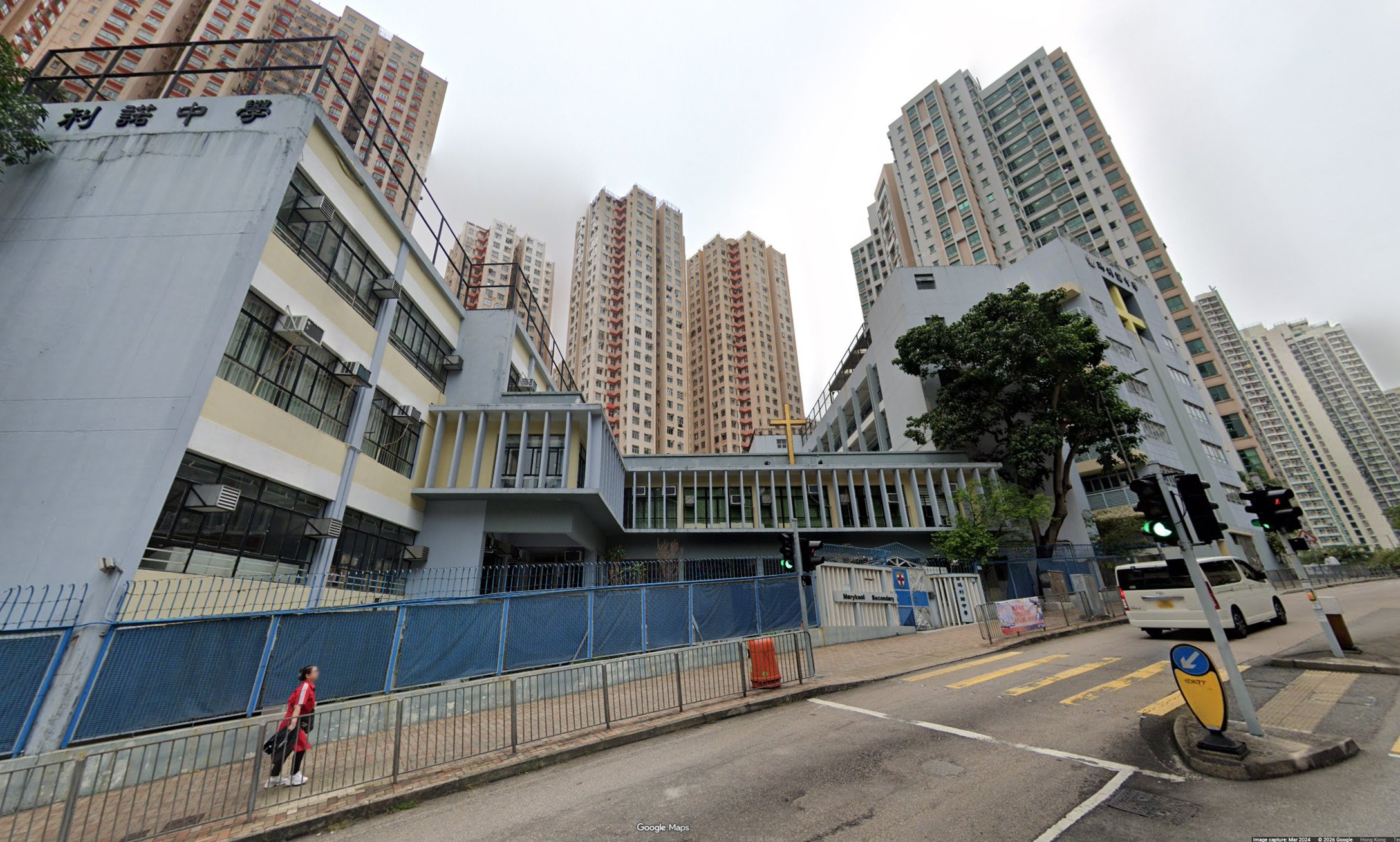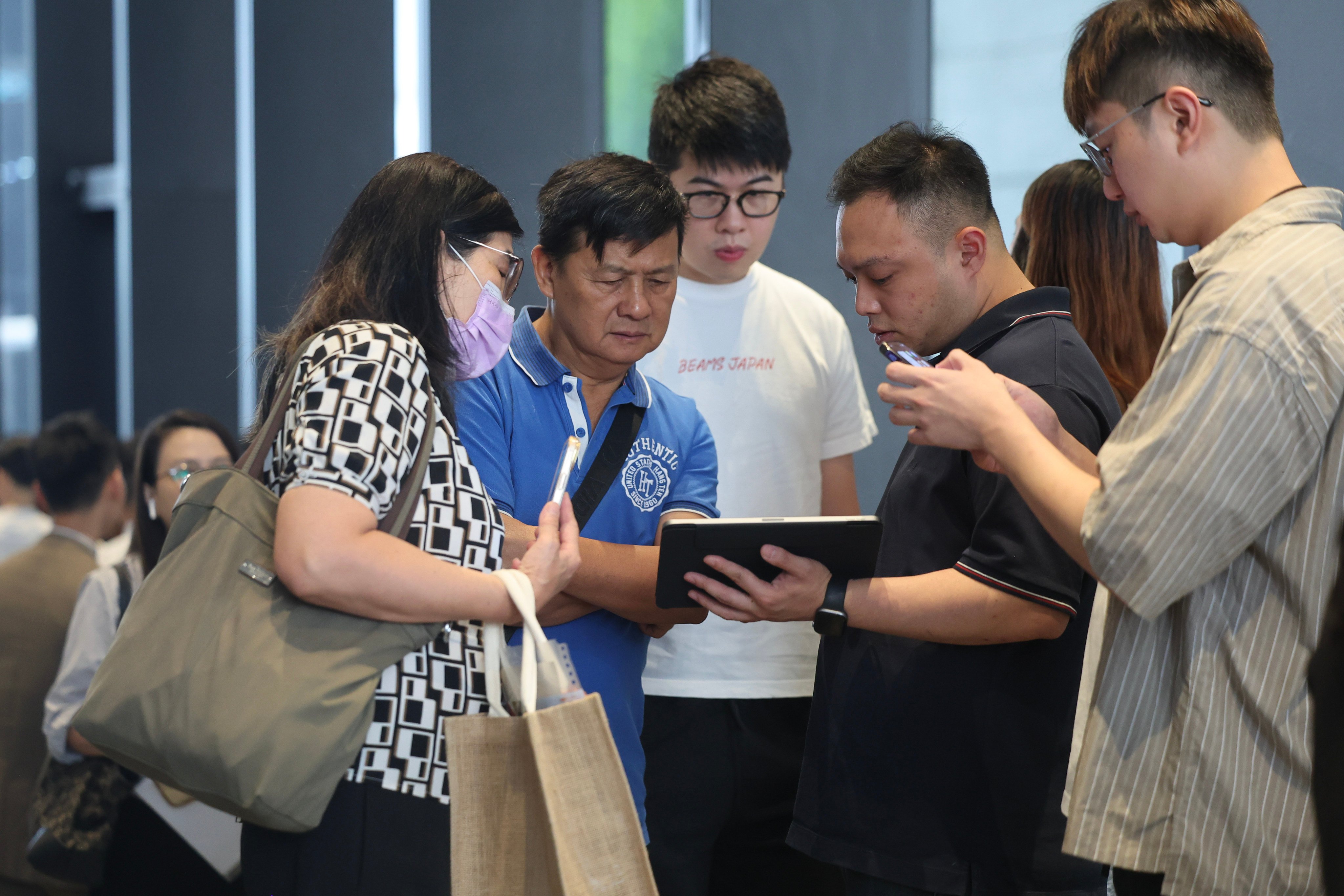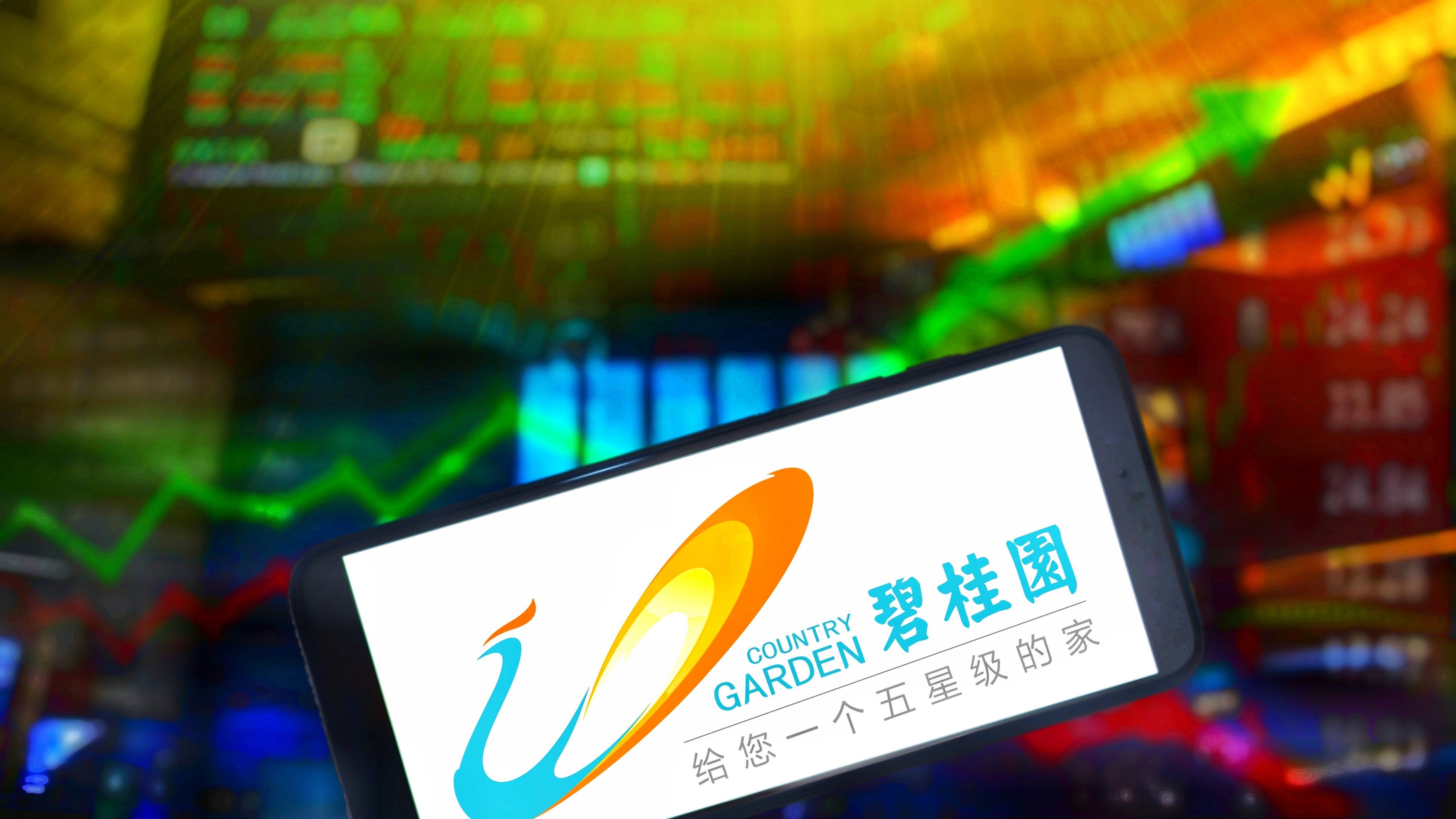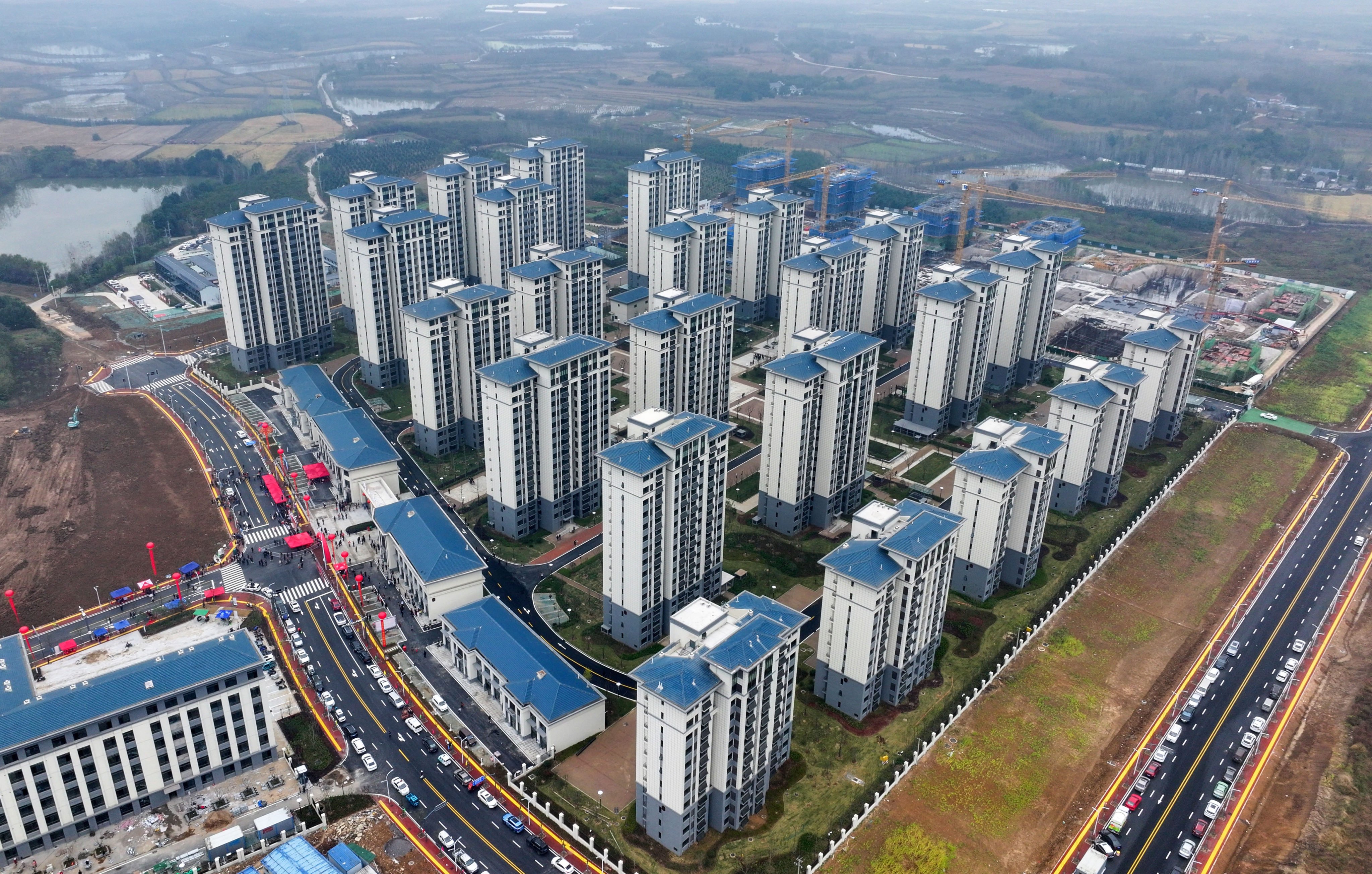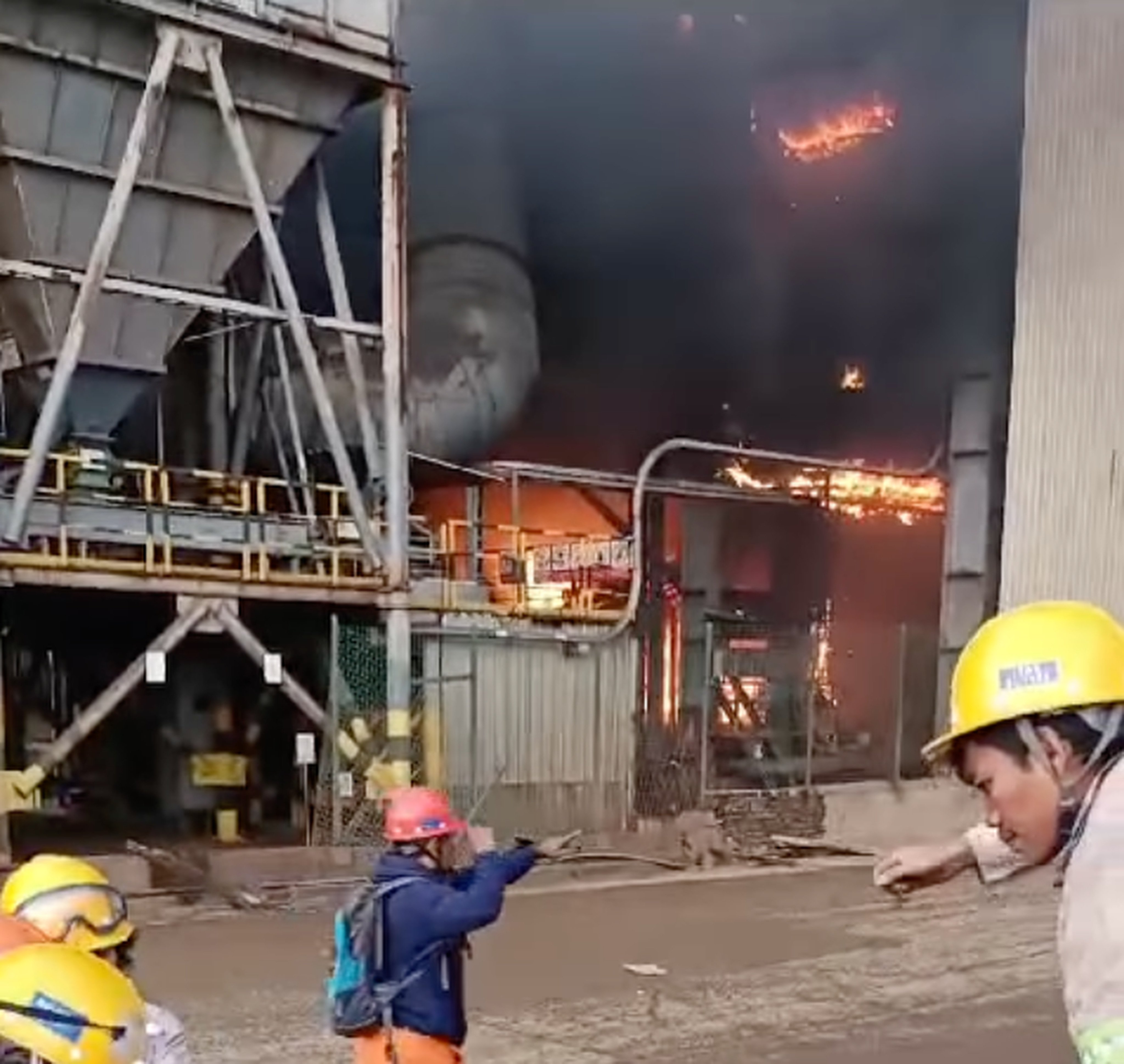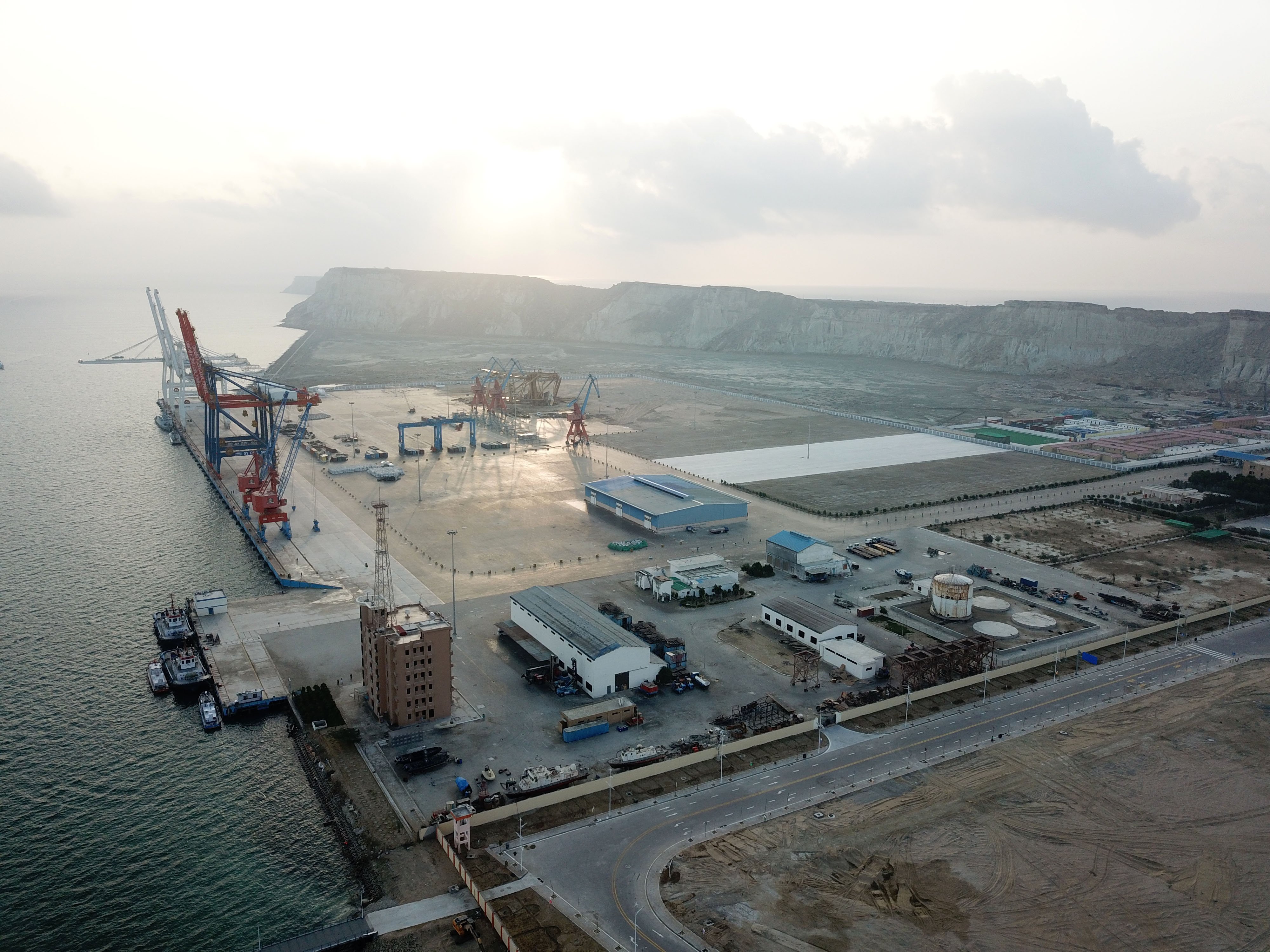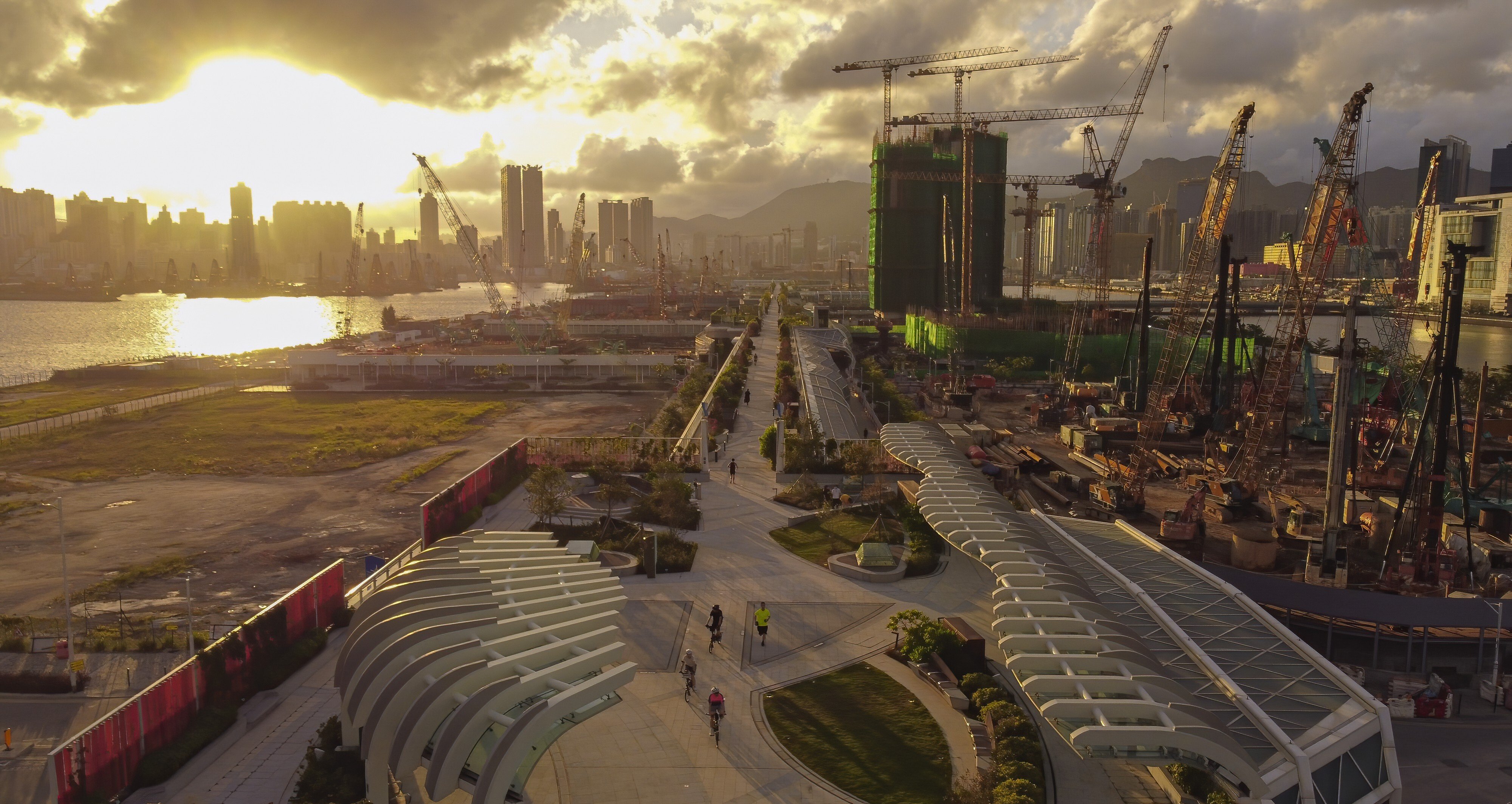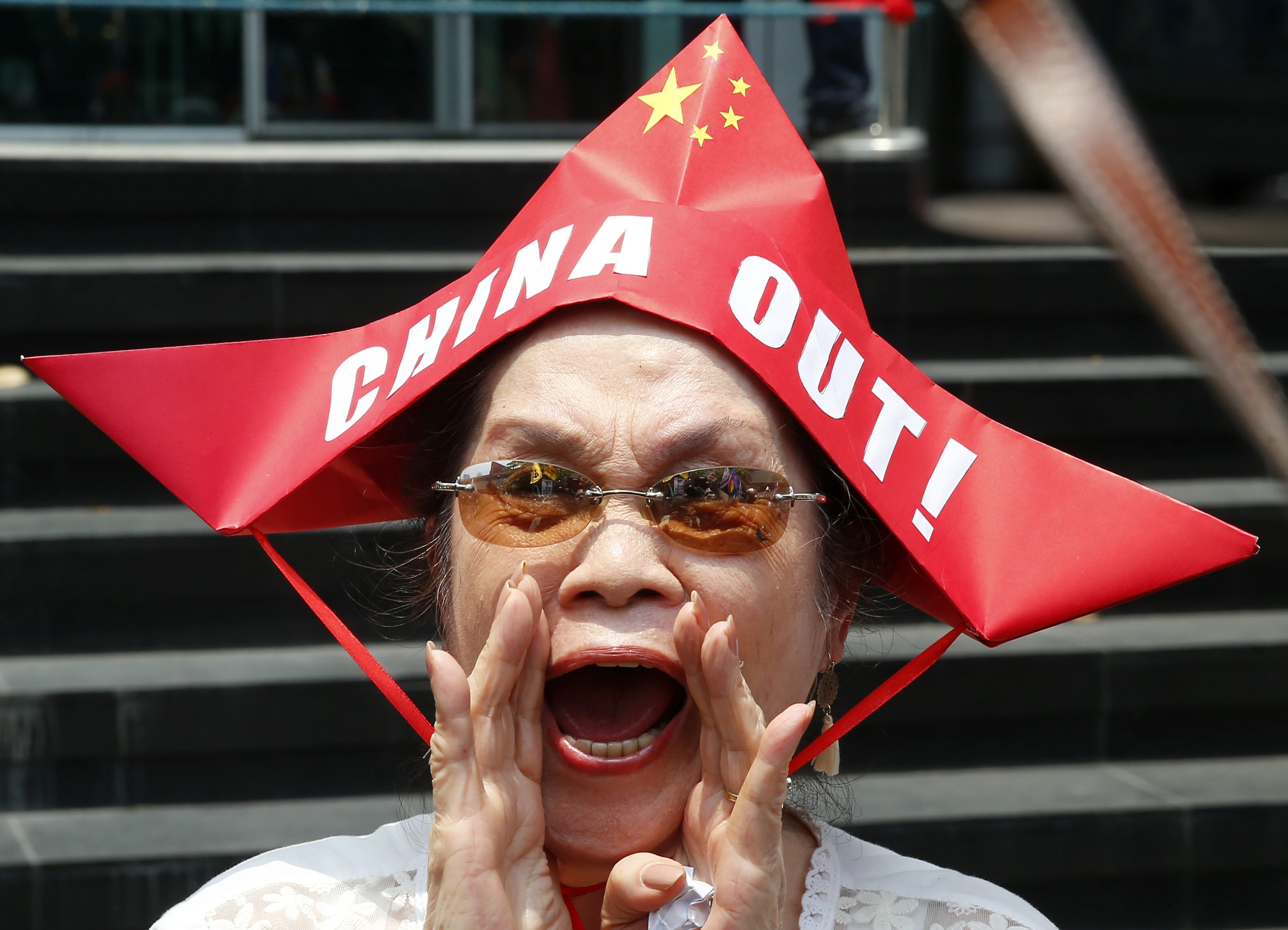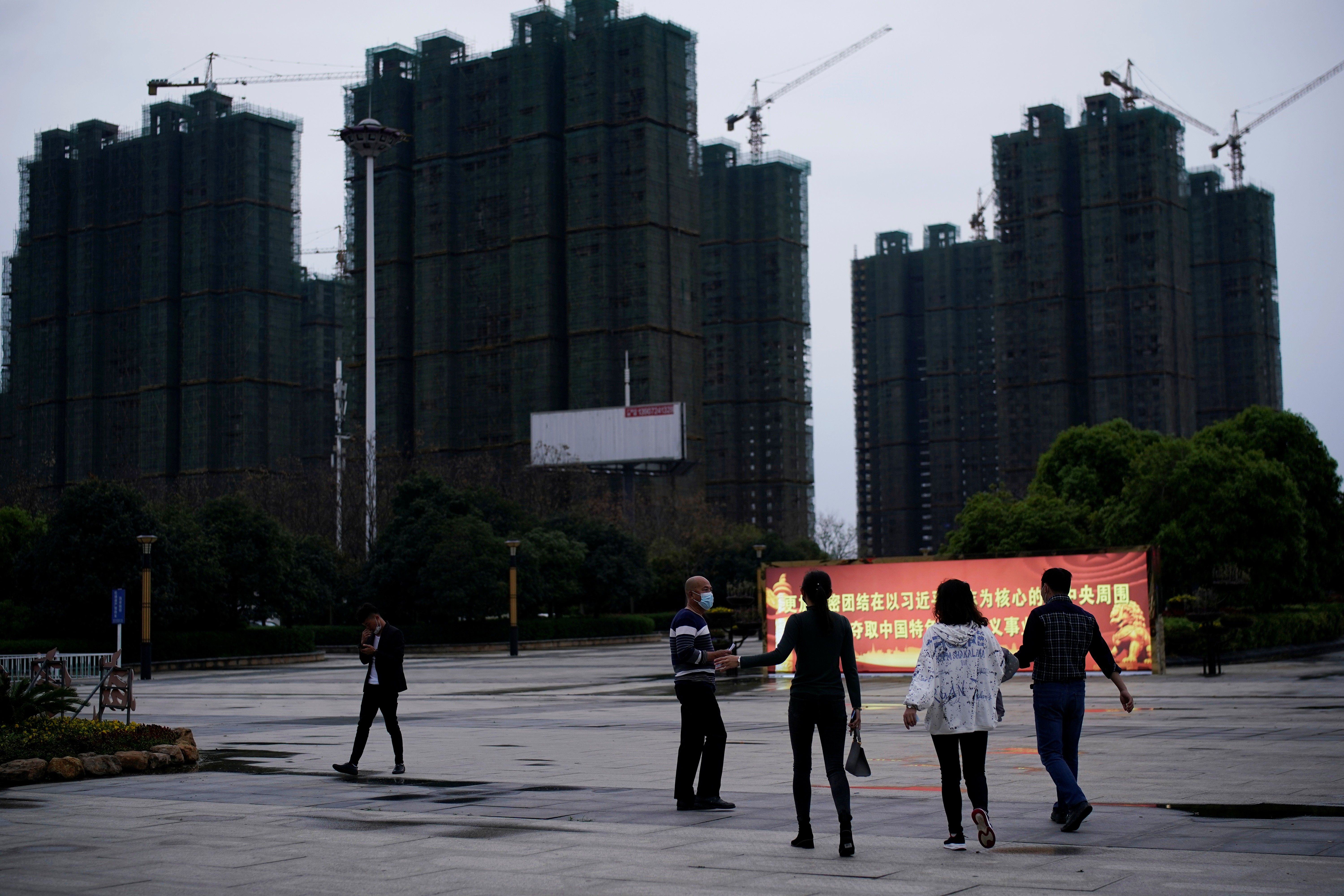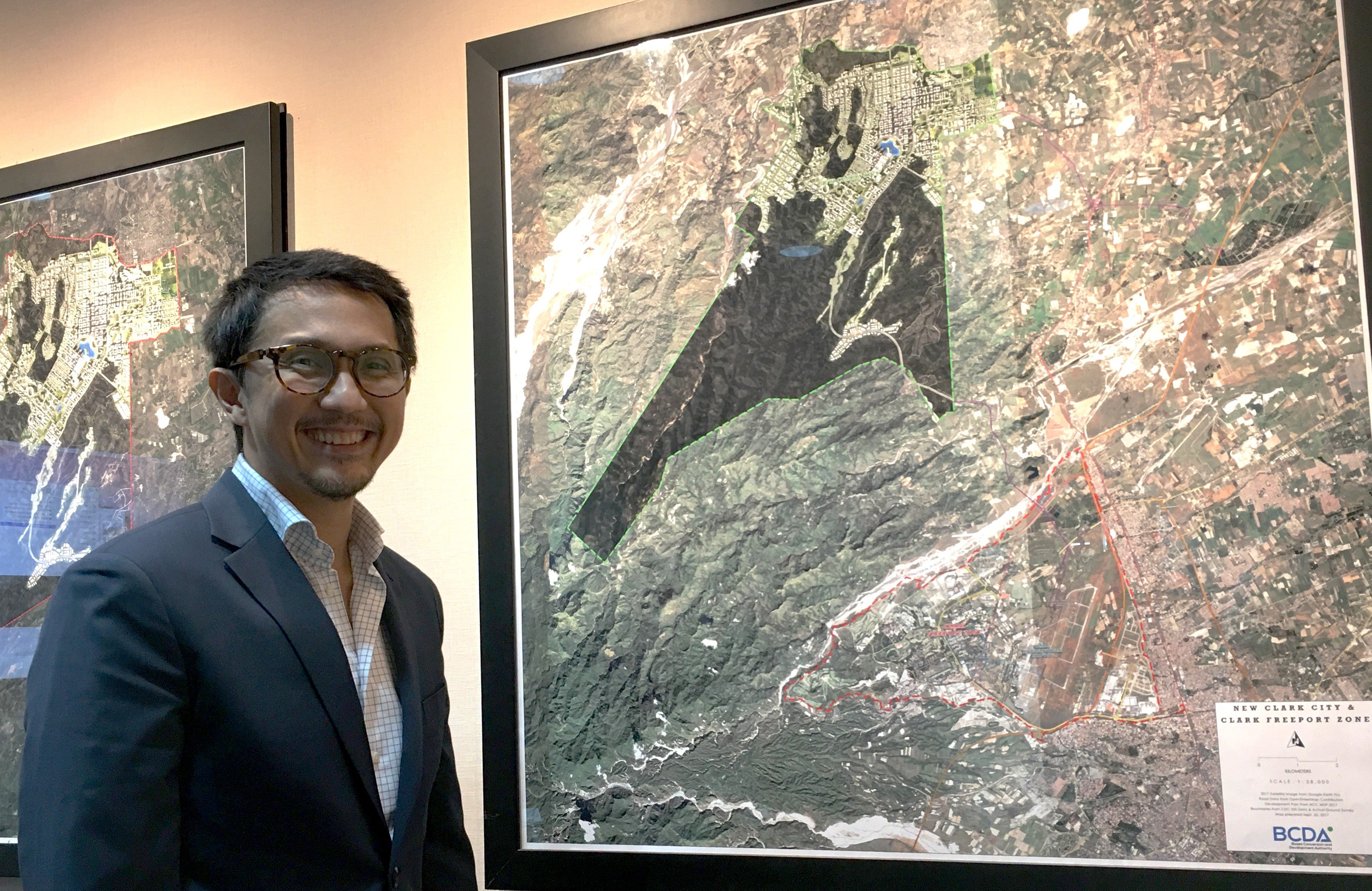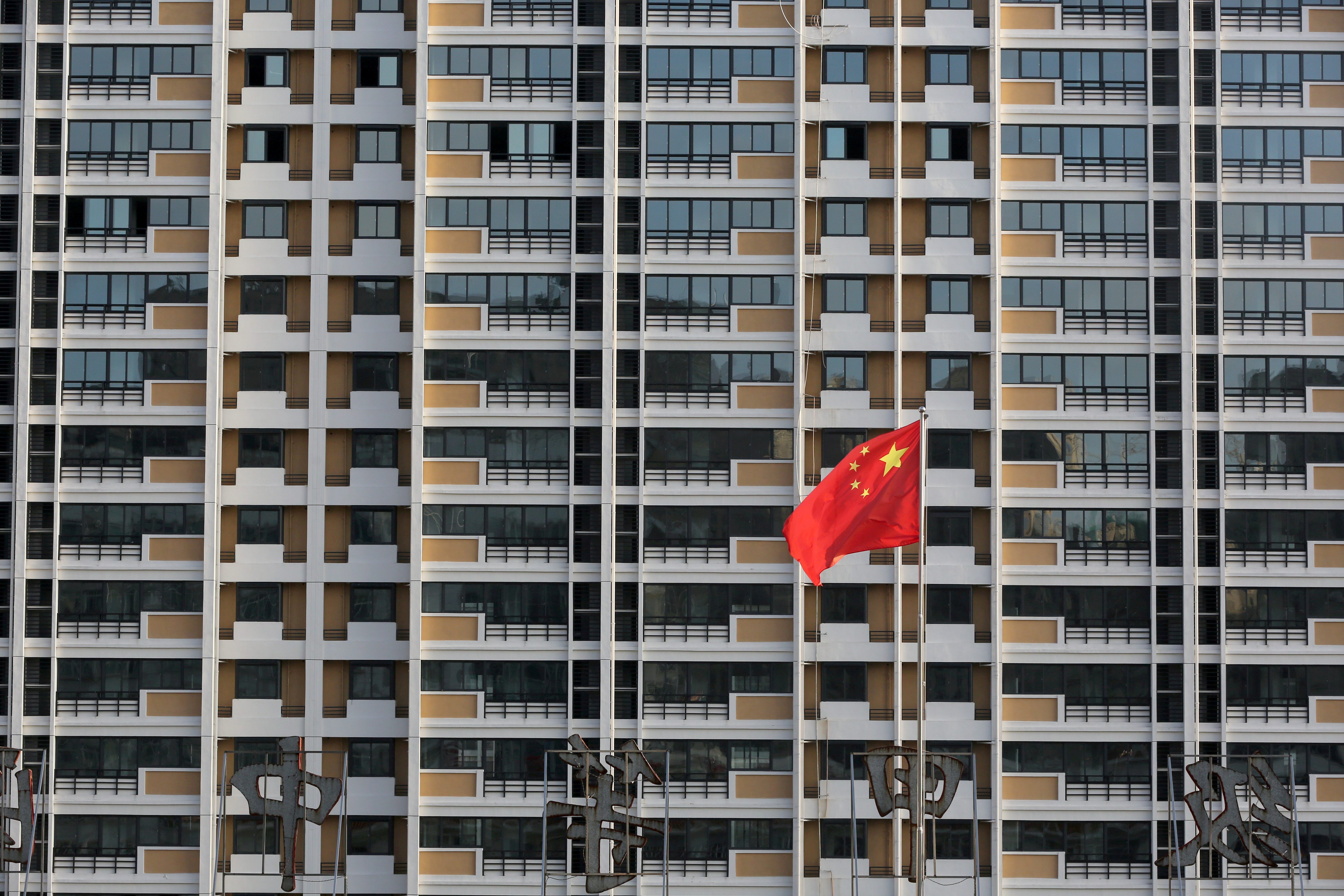Advertisement
Advertisement
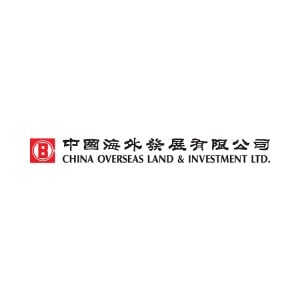
TOPIC
/ company
China Overseas Land & Investment
(中国海外发展有限公司)

China Overseas Land & Investment
中国海外发展有限公司
COLI is an investment holding and property investment group. It was incorporated in Hong Kong in 1979, a subsidiary of China State Construction Engineering Corporation, the largest construction conglomerate in China. In August 1992, COLI was listed on the Hong Kong Stock Exchange, and in 2007 became a constituent stock of the Hang Seng Index.
Chairman / President
Yan Jianguo
CFO / Finance Director
Luo Xiao
Industry
Property
Website
coli.com.hk
Headquarters Address
28/F, China Overseas Building, 139 Hennessy Road, Wan Chai, Hong Kong
Stock Code
SEHK: 688
Year Founded
1979
Advertisement
Advertisement
Advertisement
Help preserve 120 years of quality journalism.
SUPPORT NOWAdvertisement
Advertisement
Advertisement
Advertisement
Advertisement
Advertisement
Advertisement
Advertisement
Advertisement
Advertisement
Advertisement
Advertisement
